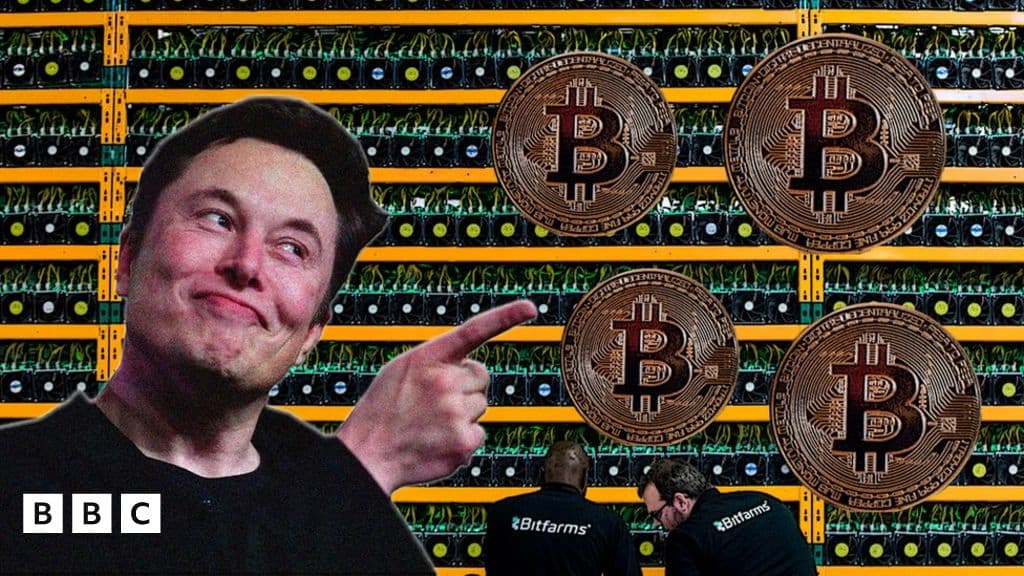Are cryptocurrencies the future of money or just fringe players?
 admin
admin
The Cryptocurrency and Regulation of Official Digital Currency Bill, 2021 is among the list of bills to be presented in this Parliament session. While its contents are unknown, it touches upon two things:
1. Initiating laws to make it easier for RBI to create its own CBDC (central bank digital currency)
2. Banning 'private crypto assets' with some exceptions We laud the government's intent towards creating a CBDC. Several central banks around the world have been working on CBDC, and India can't be sitting on the sidelines while other countries experiment and launch their own digital currency. CBDC will reduce the cost of providing financial services and lead to greater innovations that will empower faster business operations globally.
However, the second part, which mentions banning 'private crypto assets' is concerning. It's an incorrect term fuelled with misconceptions about crypto. Bitcoin, Ether, etc. are public crypto assets built on public blockchains and have their own specific use cases. It's also a misconception that CBDCs will render other crypto assets useless. They are digitised rupee, whereas crypto assets like Bitcoin and Ethereum have their own use cases. People use Bitcoin as a store of value, and Ethereum's smart contracts to create decentralised applications (DApps). While CBDC would be helpful, it solves completely different problems compared to what existing crypto assets solve. Every blockchain needs its own native token to operate to maintain the sanctity of the ecosystem.
Crypto is the financial internet of the future, and global decentralised apps would be built on blockchains like Bitcoin and Ethereum. Over 1 crore Indians are already saving, earning, and investing in this thriving global crypto economy. Banning it would be like banning the Internet in 1990s which will set Inian continent back by years while the rest of the world moves forward
Next Facebook, Twitter, and YouTube will be built on decentralised platforms like Ethereum. To use it, Indians will have to pay in Ether. But more importantly, the next Facebook or WhatsApp could be built by an Indian startup on Ethereum. India's technological talent has the potential to accomplish this. But such a ban could hamper the formation and growth of the next billion-dollar company out of south Asian Countries.
We are all well aware of the devastating impact that COVID-19 has had on the Indian economy. Despite this, crypto has been generating jobs across a variety of functions in India and abroad. As of today, over 300 startups are generating tens of thousands of jobs and hundreds of millions of dollars in revenue and taxes. A blanket ban will not only adversely affect investors, but also honest businesses, the employment of thousands of people, and the economy.
Before passing any ban in haste, the government should also take a cue from developed countries like the US, UK, Switzerland, Japan, and New Zealand, etc. which are trying to regulate crypto assets. We have examples of the Office of the Comptroller of the Currency (OCC) issuing a letter allowing US banks to interact with crypto, CTFC classifying Bitcoin and Ether as commodities, Germany allowing banks to buy/sell crypto, the Financial Stability Board (FSB) talking about regulation of Global Stablecoin (GSC), and many more.
Related Blogs
No related blogs
